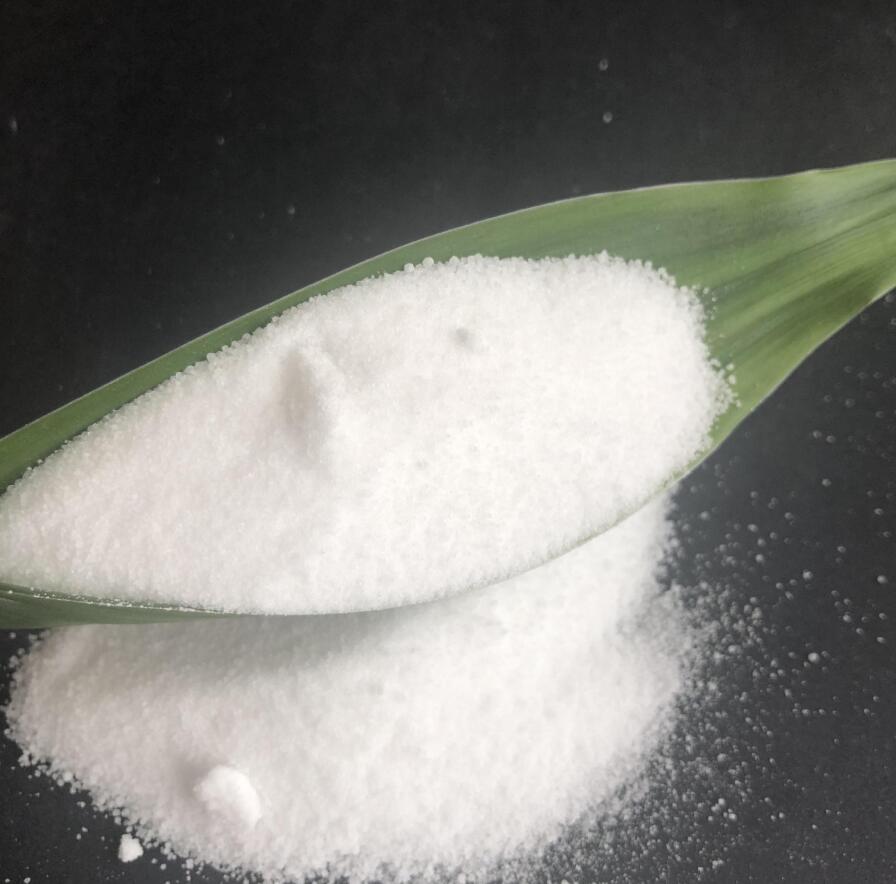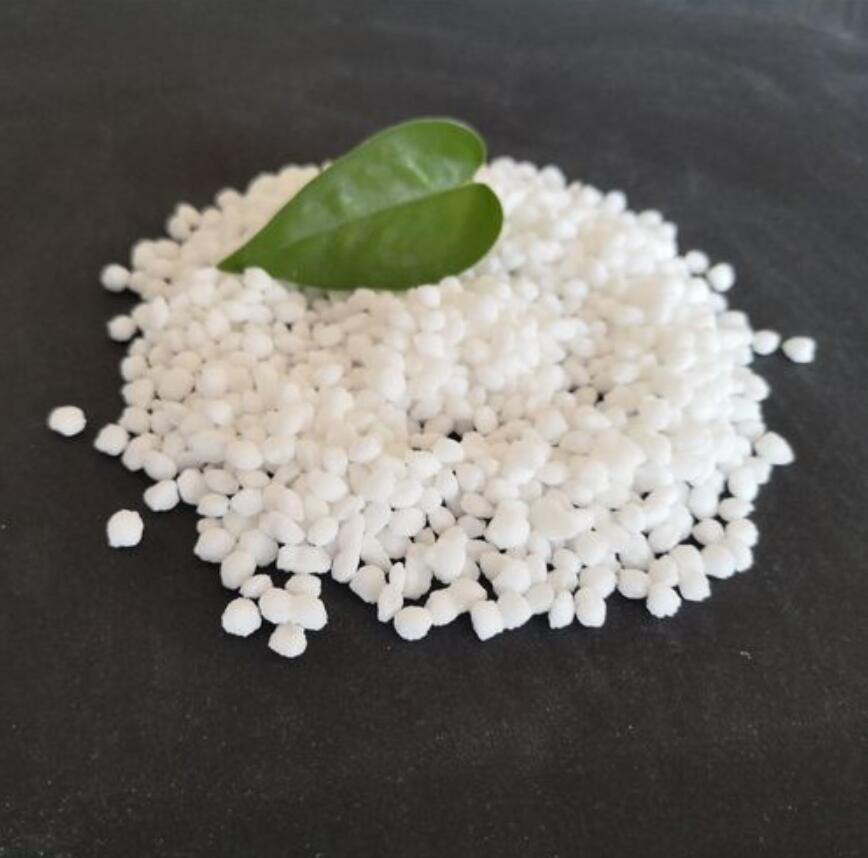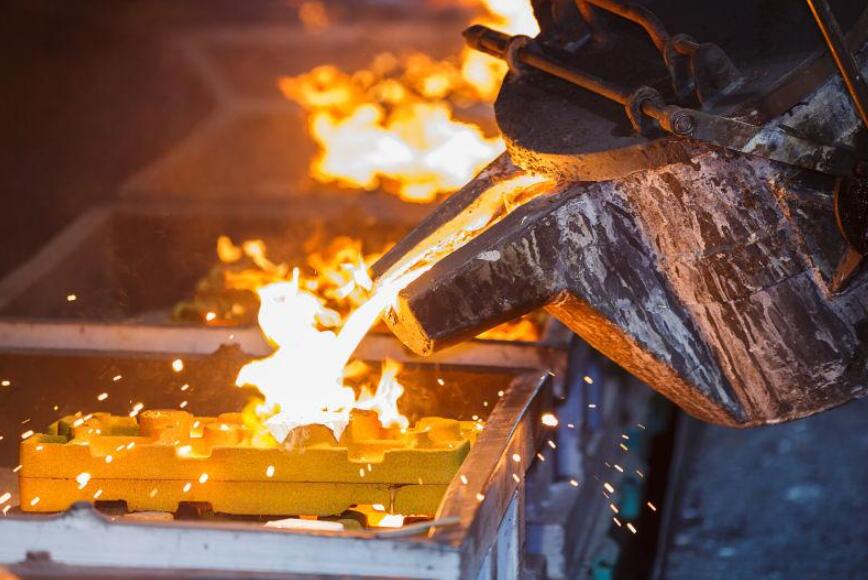Sinoright Blog
Industrial Applications of Ammonium Chloride
Ammonium chloride is colorless cubic crystals or white crystalline powder, available in powder and granular forms.


Granular ammonium chloride is not easy to absorb moisture and is easy to store; while powdered ammonium chloride is mostly used as a basic fertilizer for the production of compound fertilizer. It tastes salty, cool and slightly bitter, easily soluble in water, slightly soluble in ethanol, soluble in liquid ammonia, and insoluble in acetone and ether. The aqueous solution is slightly acidic and becomes more acidic when heated.
Let’s talk about the uses of ammonium chloride and precautions for its use.
Industrial uses of ammonium chloride
1. In mineral processing, ammonium chloride can be used as an inhibitor of arsenic minerals. In order to solve the problem of excessive arsenic in lead and zinc concentrates, ammonium chloride is added in the lead and zinc roughening and concentrating operations respectively, which can reduce the arsenic content in lead and zinc concentrates.
2. Used to prepare flux for tin-plated and galvanized metals. It cleans the workpiece surface by reacting with metal oxides on the surface to form volatile metal chlorides, thereby acting as a flux.
3. Remove rust. Ammonium chloride becomes acidic when hydrolyzed and is used as a flux for welding steel to eliminate rust at the weld. The main function of welding flux is to remove the metal oxides generated on the metal surface of the welding joint to ensure a strong welding.
4. Used as electrolyte for carbon-zinc dry batteries. The dry battery used daily is a zinc-manganese battery, also called a carbon-zinc battery. The main ingredient in electropaste is ammonium chloride, which is equivalent to the dilute sulfuric acid solution in a voltaic cell. The function of zinc chloride is to increase the concentration of zinc ions in the electropaste solution, alleviate the corrosion of the zinc cylinder by ammonium chloride, and extend the service life of the battery.
5. Used in the electroplating industry. Especially in cyanide-free electroplating, ammonium chloride is often used. For example, cyanide-free zinc plating uses zinc chloride and ammonium chloride as the main components of the plating solution. In the plating solution, zinc chloride and chloride ions form complex ions [ZnCl4]2- (or ZnCl3-) and [Zn(CN) 4]2- It has similar performance and can continuously dissociate a small amount of Zn2+ ions and deposit them on the cathode plated parts to make the coating uniform and dense.
6. In metal smelting, it is used for leaching non-ferrous metals such as vanadium and nickel and refining platinum group rare and precious metals.

7. Food-grade ammonium chloride is used for yeast culture and processing aids in food. Used as a nutrient and dough improver for yeast; used as a processing aid in bread, biscuits, etc.
8. Used as feed additive in animal husbandry.

9. Ammonium chloride is used as an analytical reagent, such as preparing ammonia-ammonium chloride buffer solution. Used as a supporting electrolyte in electrochemical analysis. It is used as arc stabilizer for emission spectrum analysis, interference inhibitor for atomic absorption spectrum analysis, and testing of synthetic fiber viscosity, etc.
10.Ammonium chloride is used in about 5% aqueous solution to treat oil wells with clay swelling problems.
11. Ammonium chloride can adjust the acidity and alkalinity of the glaze. Under alkaline conditions, the glaze is easy to precipitate. The ammonium chloride solution is acidic and can adjust the acidity and alkalinity of the glaze to prevent precipitation.
12. Make a solution of ammonium chloride and water according to the proportion, and use it to soak the wax core thread to make a candle that does not drip oil, is dust-free, and is resistant to burning.
13. Used as a curing agent when casting hot core boxes.
14. Ammonium chloride solution is acidic and can dissolve metal oxides. It plays the role of dissolving various layers of oxides in dish soap.
15. In shampoos, it is used as a thickener in ammonium-based surfactant systems (such as ammonium lauryl sulfate).
16. Used as fertilizer, suitable for crops such as rice, wheat, cotton, hemp, and vegetables. Because it is an acidic fertilizer, it cannot be mixed with alkaline fertilizers. Ammonium chloride will generate water-soluble chloride in the soil, which will affect the germination of seeds and the growth of seedlings, so it is not suitable to be used as seed fertilizer and seedling field fertilizer. Use as little ammonium chloride as possible in areas with saline-alkali soil and drought and little rainfall to prevent aggravation of soil salt damage. It is prohibited to apply ammonium chloride to chlorine-resistant crops, such as tobacco, tea trees, grapes, potatoes, watermelons, sugar beets, etc.

17. When a solution of ammonium chloride and water is applied to unprocessed wood, it burns under the action of a heat gun and can produce soldering iron marks without using a soldering iron.
Precautions when using ammonium chloride
Ammonium chloride is a chlorine-containing fertilizer, and chloride ions are one of the main causes of saline-alkali soil. Therefore, when applying ammonium chloride, special attention should be paid to the following matters:① It is best not to apply ammonium chloride or to use as little ammonium chloride as possible in arid areas and saline-alkali soils.
② It is prohibited to apply ammonium chloride to "chlorine-resistant crops", which include tobacco, grapes, apples, pears, peaches, potatoes, sweet potatoes, sugar beets, citrus, tea, etc.
③ Ammonium chloride is more suitable for application on crops such as rice, flax, and hemp.
④ Ammonium chloride is suitable as base fertilizer and top dressing, but not as seed fertilizer. Ammonium chloride cannot be used as seed dressing fertilizer, otherwise it will affect seed germination.
